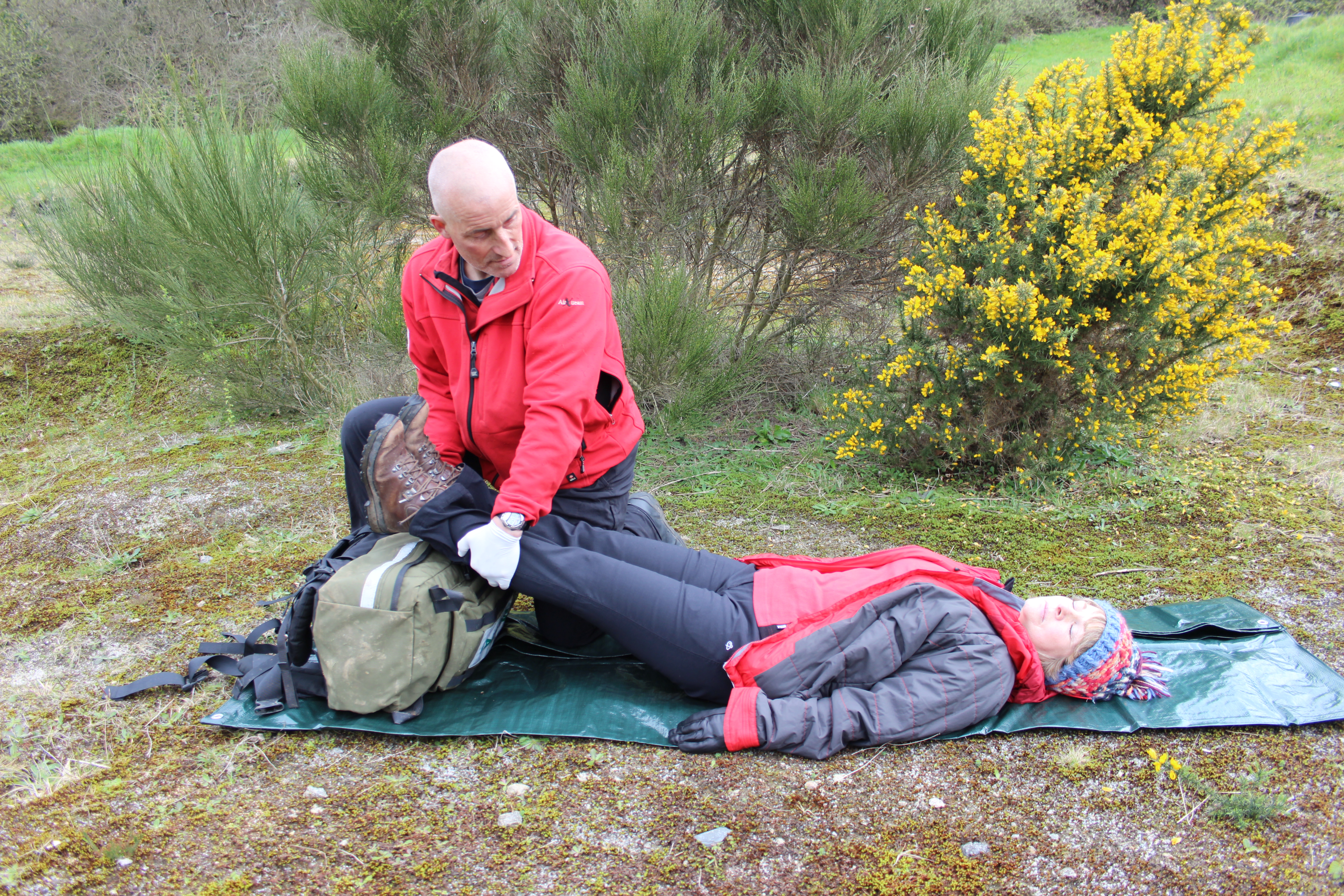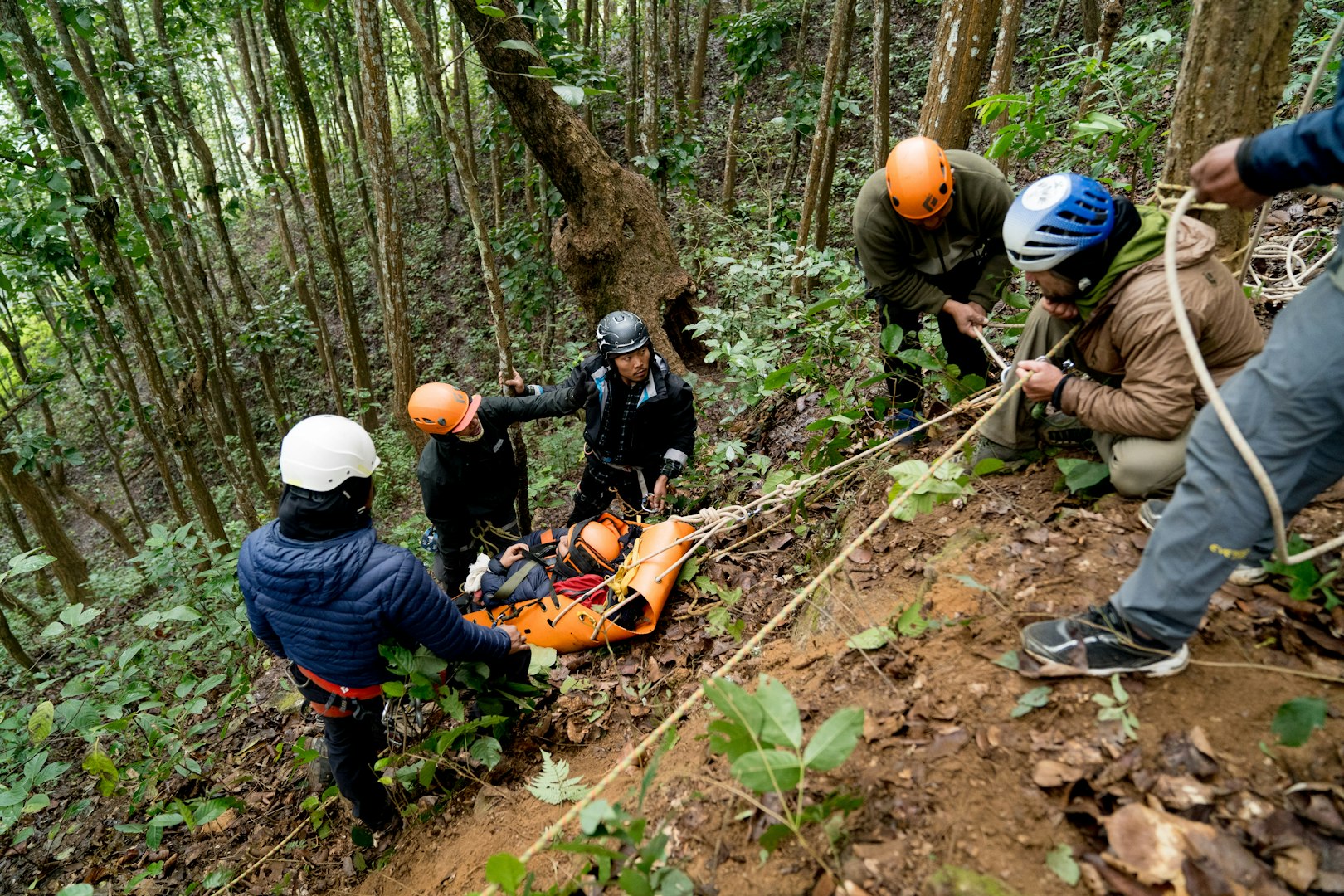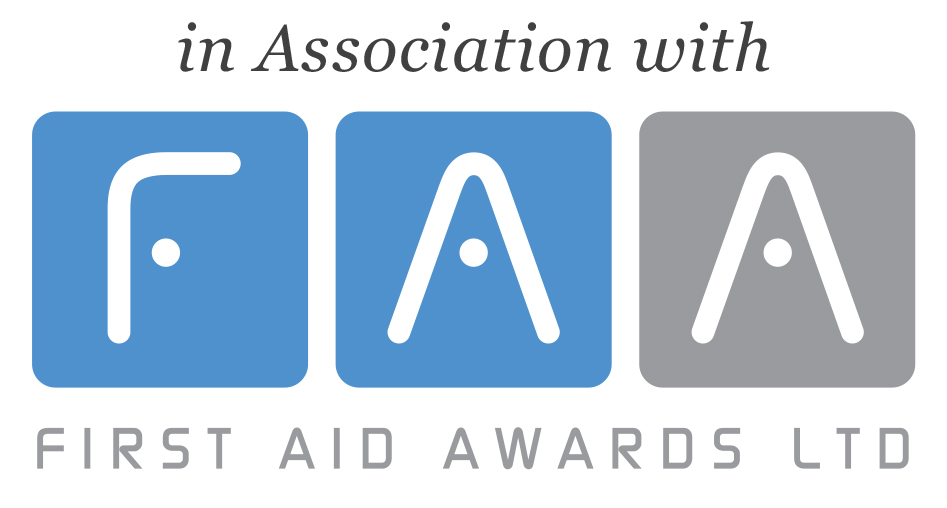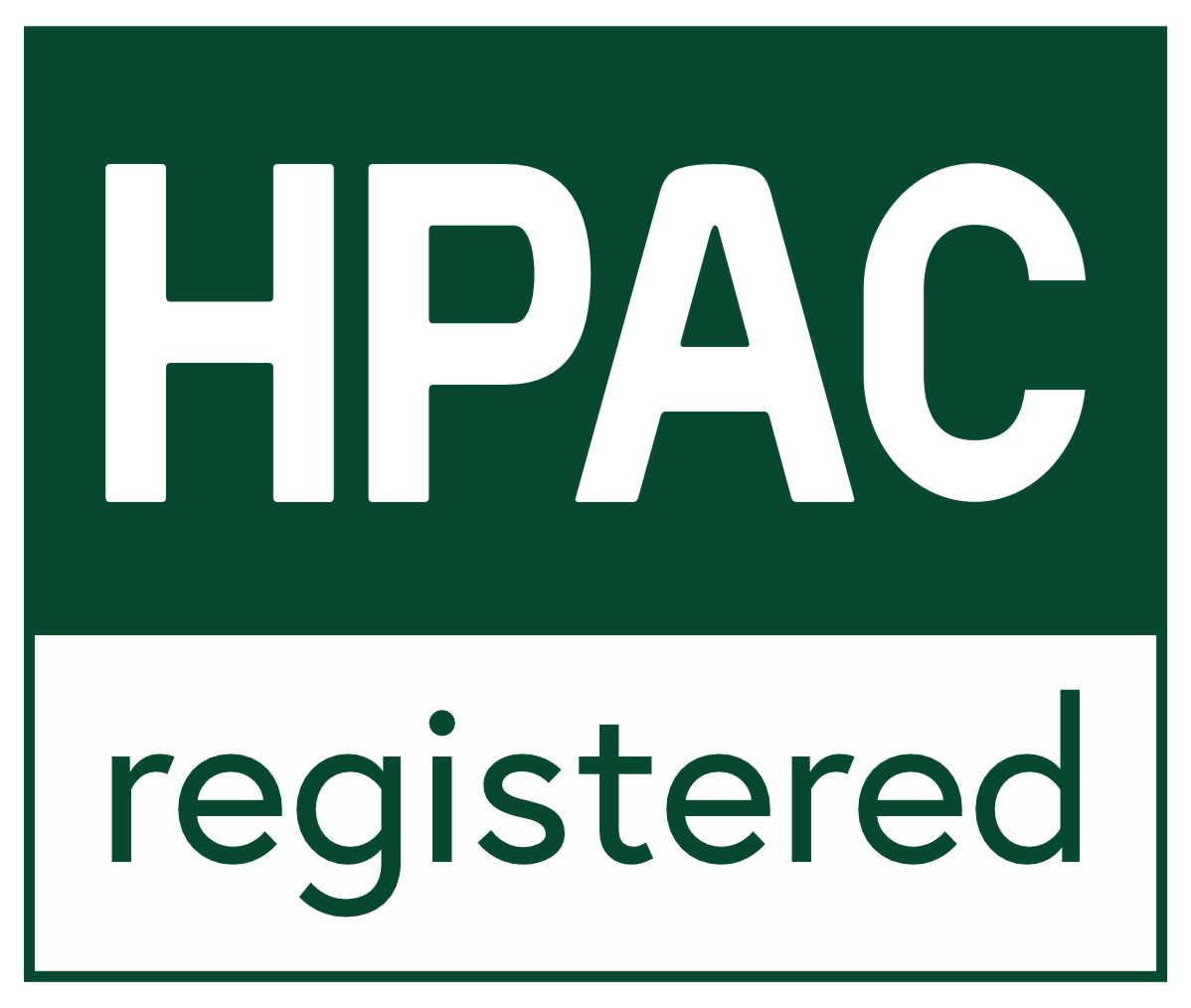Leadership, Resilience and Training Services
Our consultancy focuses on developing effective leadership and leadership both within organisations and youth development groups.
Freelance Services
What Can We Do For You?
Our freelance services include:
Outdoor leadership and outdoor learning advisory services
Freelance event medic services
Health and safety, business continuity, resilience and crisis management services.

Training Courses
Our training Courses
Our comprehensive selection of Continuing Professional Development (CPD) and Ofqual accredited qualifications is designed to meet the diverse needs of professionals across various sectors. We pride ourselves on the ability to deliver personalised training solutions directly to your organisation, ensuring that your team has access to high-quality education that enhances their skills and knowledge. With our qualifications, your staff can unlock new opportunities and excel in their professional development.
Outdoor Learning
Educational Visits Coordinator - EVC (1-day course)
EVC training is for staff members who oversee the planning and management of visits for schools and other establishments.
This course was developed with support from the Department of Education and has been delivered since 2003. The DfE recommend that: ‘Schools should appoint an educational visits coordinator and make sure they have the training they need.’.
The course delivers core messages that develop the skills and expertise of the EVC ensuring that the planning, management and oversight of educational visits meets appropriate standards and links to the delivery of high quality outcomes.
Visit Leader Training (1-day course)
Visit Leader Training is for those staff who plan and lead visits or who are looking to lead or support visits in the future.
Having your staff appropriately trained is the best way to ensure and evidence that they are developing their competence to lead educational visits. This course grew from EVC training and aims to provide an overview of the knowledge and skills necessary to plan and run an educational visit.
Visit Leader training is a two part course. There is the choice to opt for just part 1 or to undertake both parts:
Part 1 – Is a theoretical course covering all the elements required to equip staff to lead visits.
Part 2 – Is an optional course which looks at the complexities and range of visits delivered by schools and other establishments. It is a practical course enhanced by delivery in outdoor settings.
Management of an Off-Site Visit Emergency - MoVE (1/2-day course)
This training is designed for the senior leadership team in schools, academies, youth and other educational establishments on how to manage off-site emergencies.
The vast majority of school visits pass every year without any incident or accident, however, it is always good practice to plan effectively in case an unexpected incident. This two-hour session for senior leaders ensures your school emergency plans are aligned to manage an off-site visit emergency.
The course has been developed as a result of lessons learned from a number of different emergency incidents over the last few years. This training might never be used but provides reassurance that if an event overwhelms a group on a visit there are procedures in place to support all those involved.
First Aid and Medical
Level 3 Award in Emergency First Aid at Work (1-day course)
Where an organisation’s risk assessment of First Aid needs identifies that there is a requirement for Emergency First Aid at Work practitioners, then this national Award in Emergency First Aid at Work satisfies the requirements of the regulatory body for First Aid – the Health and Safety Executive (HSE).
All learners will have the skills and knowledge to provide the organisation with Emergency First Aider’s that can provide treatment to their casualties in a prompt, safe and effective manner.
Level 3 Award in First Aid at Work (3-day course)
It is a requirement of the Health & Safety law that employers provide a safe and healthy environment to work in. If your assessment of first aid needs highlights the need for qualified first aiders, then this level 3 qualification will provide you with suitable, highly trained personnel.
This comprehensive three-day course covers a wide range of first aid emergencies, enabling all participants to deal with emergency situations with confidence in a prompt, safe and effective way. In addition, this course will include any protocol changes that may have arisen since their last training course.
This course will give the participants a qualification to the highest level of First Aid, meeting the statutory requirements of the Health and Safety (First Aid) Regulations 1981.
Level 3 Award in Emergency Paediatric First Aid (1-day course)
This one-day Emergency Paediatric First Aid course has been designed for those who have an interest in child and infant basic life support.
If you have a professional interest, i.e. you are a child-minder or school teacher, etc, then this course partly fulfils the requirements of Ofsted and the Early Years Foundation Stage (EYFS). Ofsted and the Early Years Foundation Stage require you to have 12 hours of paediatric first aid training, so the 2-Day Level 3 Award in Paediatric First Aid would be required to fulfil their requirements.
Level 3 Award in Paediatric First Aid (2-day course)
This course has been developed for those who are working with children and infants. It will be of particular interest to teachers, child minders, crèche assistants, playgroup personnel and anyone else who has a responsibility for their welfare whilst in your care.
It is ideal for individuals who are responsible for children and infants, who wish to gain a nationally regulated Level 3 Award.
This two-day course satisfies the guidelines and criteria as laid down by the Early Years Foundation Stage (EYFS) and Ofsted. In order to obtain this qualification, you must attend both days and complete the two units of accreditation.
Level 3 Award in Emergency Outdoor First Aid (1-day course)
This one-day emergency outdoor first aid qualification is designed for people who are involved in outdoor activities or work in rural locations.
The course covers a wide range of first aid emergencies, enabling all participants to deal with emergency situations with confidence in a prompt, safe and effective way, particularly where professional medical help is not immediately available.
It will provide learners with the skills and knowledge to respond to a range of emergency outdoor situations including summoning assistance, responding to changes in vital signs, administering CPR and blood loss. The qualification meets the requirements of the Institute for Outdoor Learning band 2 training.
Level 3 Award in Outdoor First Aid (2-day course)
If your assessment of First Aid needs highlights the need for qualified First Aiders in outdoor activity, then this Level 3 qualification will provide you with suitable and highly trained personnel.
This comprehensive two-day course covers a wide range of First Aid emergencies, enabling all participants to deal with emergency situations with confidence in a prompt, safe and effective way, particularly where professional medical help is not immediately available.
The qualification meets the Outdoor First Aid Band 3 requirements set by the Institute for Outdoor Learning and the requirements for the first aid element of the expedition syllabus for the bronze, silver and gold Duke of Edinburgh awards.
There is sufficient content in this course to satisfy the requirements of the HSE in respect of Emergency First Aid at Work. An additional certificate can be provided to evidence this to an employer, this should be requested from your course instructor and additional fees may apply.
Level 3 Award in Activity First Aid (2-day course)
This Level 3 qualification is made up of two units including First Aid Essentials. It is specifically designed for those who are involved in any form of activity, including sports, leisure and recreation.
Not only is Basic Life Support included, but many other First Aid conditions are also covered, making the full qualification very comprehensive.
Level 3 Award in Oxygen Therapy Administration (1-day course)
This training enables users to administer oxygen safely and effectively, for casualties with breathing difficulties. Delegates will learn how and when to administer oxygen to a casualty and the safety concerns with carrying, storing and administering it.
This course is suitable for qualified First Aiders, Emergency First Aiders, dental practitioners and dental care professionals, nurses, healthcare professionals and others working in an environment where oxygen is available for casualty welfare.
Level 3 Award in Immediate Management of Anaphylaxis (1-day course)
An Anaphylactic shock, or anaphylaxis, is a life-threatening, serious allergic reaction to an allergen such as food substances or insect stings. If it is not treated appropriately, it may cause death. This training is for qualified First Aiders and Emergency First Aiders to enable them to recognise and treat anaphylaxis safely and effectively.
When administering a medication, it is important to recognise and differentiate between allergic reactions and the potentially life-threatening anaphylactic reactions immediately. It is also essential to determine whether the individual has had an allergic or anaphylactic response to the medication in the past or prior to administration.
This course is suitable for all First Aiders and healthcare professionals, as well as those in a high risk environment where such medication is available.
First Aid for Mental Health
Level 1 Award in Awareness of First Aid for Mental Health (4-hour course)
This awareness course is suitable for everyone as it provides learners with the knowledge to recognise a suspected mental health condition and the skills to start a conversation and be able to signpost a person towards professional help.
Level 2 Award in First Aid for Mental Health (1-day course)
This course is suitable for everyone but has been designed to help employers to provide a positive mental health culture within the workplace and to provide learners with comprehensive knowledge on a range of the most common mental health conditions and the skills to be able to act should a condition be suspected.
Learners undertaking this course will be considered First Aiders for Mental Health and be a point of contact within the workplace to help and support those with a suspected mental health condition.
This course introduces the First Aid for Mental Health Action Plan which allows learners to provide their peers with comprehensive guidance and support for a suspected mental health condition. Learners will be able to provide signposting to professional help and support that person whilst they are receiving professional assistance.
This course also covers the effects of drugs and alcohol and provides learners with the skills and knowledge to assist employers in implementing a positive mental health culture to support employees within a workplace.
Level 2 Award in First Aid for Youth Mental Health (1-day course)
This course is suitable for anyone who actively connects with children such as parents, carers, teachers, youth group leaders and young adults.
The qualification has been designed with children and young people in mind covering areas such as depression, self-harm, eating disorders and bullying and will provide the knowledge and skills to identify a potential mental health condition, start a conversation, and provide support and guidance to professional help.
Learners will not diagnose or treat mental health conditions as this can only be carried out by healthcare professionals but will gain the knowledge to identify when a person may have a condition and know where they can go to get help.
Level 3 Award in Supervising First Aid for Mental Health (2-day course)
This course builds on the Level 2 Award in First Aid for Mental Health and covers a wider range of mental health conditions and goes into detail on the range of therapy and professional support that a person may be given by professional bodies during treatment for a mental health condition.
The course is suitable for all persons within a workplace but is aimed at those who hold a supervisory/managerial level position and who have responsibility for implementing a positive mental health culture and responsibility for First Aid for Mental Health within an organisation.
Health and Safety
Level 1 Award in Health and Safety in the Workplace (4-hour course)
This is an excellent introduction to health and safety in the workplace and will benefit any worker, in any industry or sector and accommodates induction training for the new employee very well.
All aspects of Health and Safety are important to a business whether you are an employee, contractor or supplier and this half-day course will benefit both the learner and the business, ensuring that the working environment is a safe and healthy one.
Level 2 Award in Health and Safety in the Workplace (1-day course)
This is an excellent introduction to health and safety in the workplace and will benefit all employees, particularly those who may be accepting a health and safety role, such as a safety representative within their organisation.
Successful candidates will be awarded a national Level 2 qualification which will provide an ideal platform to higher level training or career development.
Level 3 Award in Health and Safety in the Workplace (3-day course)
Ensuring health and safety in the workplace is vital for all businesses. It safeguards employees and the public while also reducing the risk of costly legal issues and reputational damage in the event of incidents.
The Level 3 Award in Health and Safety in the Workplace offers learners a thorough understanding of health and safety principles and outlines effective management strategies. This course is primarily aimed at supervisors, managers and individuals preparing to take on health and safety roles within the workplace.
Level 1 Award in Fire Safety Awareness (4-hour course)
You will, no doubt, be well aware of the potentially devastating effects of fires in the workplace in terms of lives lost, injuries, damage to property and the environment, and to the business continuity. You may also be aware that it is believed that most fires are preventable.
The importance of fire safety in the workplace is underpinned by health and safety legislation that places a duty on employers to establish policies and procedures and ensure their employees receive appropriate training.
This course is designed for all employees as an introduction to fire awareness and is an excellent ingredient in the induction programme of new employees. It deals with how fires can occur and what to do in the event of a fire. The qualification also provides a foundation for those employees who want to develop their basic fire safety awareness in order to assist their employer by undertaking more specific fire safety roles in the workplace to manage fire risk (e.g. as fire wardens/marshals/stewards etc).
Successful candidates will be awarded a national level 1 qualification (Level 4 in Scotland).
Level 2 Award in Fire Safety (1-day course)
You will, no doubt, be well aware of the potentially devastating effects of fires in the workplace in terms of lives lost, injuries, damage to property and the environment, and to business continuity. You may also be aware that it is believed that most fires are preventable. The importance of fire safety in the workplace is underpinned by health and safety legislation that places a duty on employers to establish policies and procedures and ensure their employees receive appropriate training.
This Fire Safety Training Course is designed for employees who want to develop their basic fire safety awareness in order to assist their employer by undertaking more specific fire safety roles in the workplace to manage fire risk (e.g. as fire wardens/marshals/stewards etc.) Successful candidates will be awarded a national level 2 qualification (Level 5 in Scotland).
Level 2 Award in Manual Handling Principles and Practice (1-day course)
We are all exposed at times to some form of manual handling such as lifting, carrying, pulling and pushing actions that can be compounded by simultaneous movements such as climbing or pivoting. Personal injuries resulting from incorrect manual handling in the workplace accounts for over one million working days lost per year, as well as the pain and suffering experienced by the casualties. Correct manual handling techniques can make a huge difference.The risks arising from manual handling have been recognised by the Health and Safety Executive for many years, as evidenced in their regulations and advisory activities promoting good practice.The Regulations require employers to provide their employees with health and safety information and training – supplemented, as necessary, with more specific information and training on manual handling injury risks and prevention.This course provides an ideal approach to safer and more effective manual handling – not only meeting HSE recommendations, but also promoting good and safe practices in any situation.







